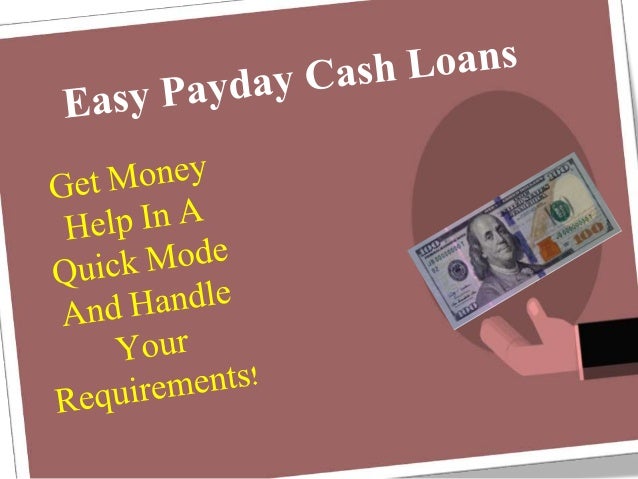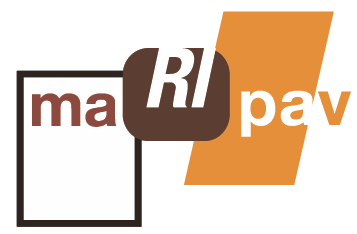As seat of FDIC considers policy, broad coalition urges regulators and banking institutions in order to avoid toxic loans that trap customers with debt
WASHINGTON, D.C. – the  relative mind associated with the Federal Deposit Insurance Corporation (FDIC), Jelena McWilliams, is “reviewing whether or not to rescind directions for вЂdeposit advance’ loans,” according to a job interview she had utilizing the Wall Street Journal. “Deposit advance” is a euphemism for bank payday advances, which – ahead of the FDIC’s 2013 guidance – had triple-digit interest levels, lacked an ability-to-repay standard, and trapped consumers with debt. This is exactly why, customer, civil liberties, faith, and community teams are urging the FDIC seat to help keep set up the agency’s guidance advising ability-to-repay determinations on such loans. A duplicate of this page is roofed at linked and bottom right here.
relative mind associated with the Federal Deposit Insurance Corporation (FDIC), Jelena McWilliams, is “reviewing whether or not to rescind directions for вЂdeposit advance’ loans,” according to a job interview she had utilizing the Wall Street Journal. “Deposit advance” is a euphemism for bank payday advances, which – ahead of the FDIC’s 2013 guidance – had triple-digit interest levels, lacked an ability-to-repay standard, and trapped consumers with debt. This is exactly why, customer, civil liberties, faith, and community teams are urging the FDIC seat to help keep set up the agency’s guidance advising ability-to-repay determinations on such loans. A duplicate of this page is roofed at linked and bottom right here.
Center for accountable Lending (CRL) Senior Policy Counsel Rebecca BornГ© stated, “Bank payday loans offer a mirage of respectability, however in truth, they’ve been financial quicksand. The FDIC includes a duty to safeguard customers from being taken into these financial obligation traps and also to protect banking institutions from a battle towards the base.”
The page states, in part, that the “data on bank pay day loans made indisputably clear which they generated the exact same period of debt as payday advances created by non-bank lenders…. They drained roughly half of a billion dollars from bank clients yearly. This price will not are the serious wider harm that the cash advance debt trap has been confirmed resulting in, including overdraft and non-sufficient funds costs, increased difficulty paying mortgages, lease, along with other bills, lack of checking records, and bankruptcy…. Payday lending by banking institutions had been met by intense opposition from just about any sphere – the armed forces community, community businesses, civil liberties leaders, faith leaders, socially accountable investors, state legislators, and people in Congress.”
The coalition’s page also calls for the FDIC to make certain little buck installment loans are capped at 36% or less also to avoid bank partnerships that evade state rate of interest restrictions.
Extra Background
The info on bank payday advances are obvious: they certainly were damaging to customers in addition to to banks’ reputations and security and soundness. Deposit advance borrowers had been seven times prone to have their reports charged down than their counterparts whom failed to just simply take deposit advance loans. Furthermore, these loans did not “protect” bank clients from overdraft charges: previous borrowers, when compared with non-borrowers, failed to incur a rise in overdraft or NSF charges when deposit advance ended up being discontinued.
This page could be the latest in a few warnings from the coalition that is broad about high-cost loans from banks. In of 2017 after the OCC rescinded its guidance on bank payday loans, groups wrote to banks urging them to stay away from this usury october. In-may, teams penned to regulators urging them to help keep or reinstate guidance steering clear of the reemergence of bank payday advances, after which forwarded this page to banks warning them for the reputational chance of bank payday advances.
Comprehensive text associated with page, including signatories and endnotes:
The OCC additionally noted that banking institutions should provide more credit that is short-term banking institutions tend to be more regulated than non-bank lenders and so can do therefore at less danger towards the customer. The Treasury Department indicated exactly the same idea in its fintech paper last thirty days. But once more, the info on bank payday advances left no relevant question that bank payday advances had been just like those produced by non-bank loan providers—high-cost, unaffordable, debt-traps. ii
